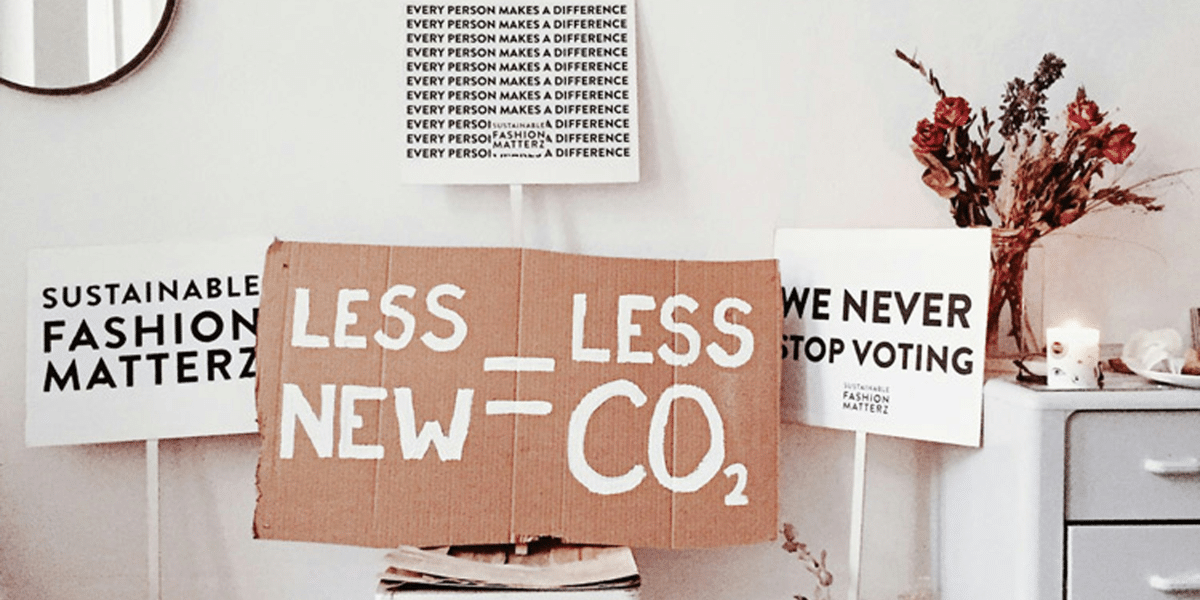In recent years, sustainability has become a core consideration for businesses across all industries. From eco-friendly products to green initiatives, companies are increasingly aware of their environmental impact and are taking steps to reduce it. But sustainability isn’t just about preserving the planet—it’s also about building a brand that resonates with today’s conscious consumers, attracts top talent, and ensures long-term profitability. As environmental concerns rise and regulations tighten, sustainability has become a strategic imperative for businesses aiming to thrive in a competitive, forward-thinking market. For modern companies, sustainability isn’t just a choice; it’s a business essential.
The Competitive Advantage of Sustainability
One of the key benefits of adopting sustainable practices is its competitive advantage. Consumers are becoming more selective about the brands they support, often preferring companies that align with their values. A commitment to sustainability appeals to this segment of eco-conscious consumers, who prioritize ethical brands that contribute positively to society. This preference for sustainable brands is extreme among younger generations, such as Millennials and Gen Z, who are known to value environmental responsibility and actively seek brands that demonstrate a commitment to positive change.
Moreover, sustainable businesses often enjoy enhanced brand loyalty. When customers see a company prioritizes the environment, they feel a stronger connection to its mission, leading to long-term loyalty. Companies that promote transparency in their sustainability efforts—such as sharing information about carbon footprint reduction, responsible sourcing, or waste management—tend to earn more trust from consumers. This trust translates into loyalty, particularly valuable in an era where brand switching is standard. For businesses, sustainability becomes a matter of ethical responsibility and a way to build lasting relationships with customers.
Beyond customer loyalty, sustainability can help companies stand out in a crowded market. With more businesses entering the sustainability space, those who genuinely invest in eco-friendly practices—rather than just greenwashing—are more likely to gain respect and recognition. Sustainable practices can serve as a differentiator that attracts attention, giving companies an edge over competitors who may not prioritize environmental concerns. This unique positioning strengthens the brand and makes it more memorable to consumers who value ethical business practices.
Sustainability as a Driver of Innovation and Efficiency
Sustainability fosters innovation by encouraging companies to rethink traditional processes and explore new, eco-friendly solutions. Businesses prioritizing sustainability are often motivated to develop innovative products, packaging, and services that reduce environmental impact. For example, companies in the fashion industry are exploring materials made from recycled or organic fibers, while tech companies are investing in energy-efficient manufacturing processes. This innovation benefits the environment and enhances the brand’s reputation as a leader in sustainable practices.
Additionally, sustainable practices often lead to increased efficiency and cost savings. For instance, energy-efficient equipment and renewable energy sources can reduce operational costs in the long run. Companies that prioritize waste reduction, for example, save on disposal costs while also minimizing their environmental footprint. Sustainable supply chains, which focus on local sourcing or ethical suppliers, can also reduce transportation expenses and improve logistical efficiency. Over time, these cost savings can offset initial investments in sustainability initiatives, making eco-friendly practices financially beneficial.
For many businesses, sustainability has led to a shift toward circular economy models, where products are designed to be reused, refurbished, or recycled. This approach contrasts with traditional linear models that produce significant waste, focusing instead on extending product life cycles and reducing waste. By adopting a circular economy approach, businesses can reduce raw material costs, minimize waste, and appeal to environmentally conscious consumers who appreciate companies that take responsibility for their products throughout their lifecycle. In an economy where resources are increasingly limited, circular models offer a sustainable solution that aligns with business interests and environmental needs.
Attracting Top Talent and Fostering Employee Engagement
Sustainability not only appeals to consumers but also attracts top talent. As job seekers become more purpose-driven, they seek employers whose values align with theirs. Companies that demonstrate a commitment to sustainability are more likely to attract highly skilled individuals who want to work for a socially responsible organization. For many employees, especially younger ones, sustainability isn’t just a corporate initiative—it’s a reflection of personal values. By showing a commitment to the planet, companies position themselves as employers of choice among those prioritizing environmental and social issues.
Furthermore, companies that embrace sustainability often see higher levels of employee engagement. Employees who feel that their organization is committed to making a positive impact are more likely to feel proud of their work and stay engaged. This sense of purpose contributes to a positive company culture, where employees are motivated to contribute to the company’s mission. Sustainable initiatives, such as reducing waste in the office, participating in environmental volunteer programs, or creating green employee benefits, can foster a sense of community and pride within the workforce. Engaged employees tend to be more productive and loyal, enhancing the company’s overall success.
Promoting sustainability strengthens internal alignment around shared values, connecting employees to a common goal. For businesses, this alignment leads to a more cohesive workforce, with employees passionate about their work and their company’s mission. As sustainability becomes a more prominent concern in society, employees increasingly value working for companies that reflect their environmental and social values. By investing in sustainability, companies enhance their brand externally and build a stronger, more motivated team internally.
Long-Term Success in Adopting Sustainability
In today’s business landscape, sustainability is a strategic priority with benefits that extend far beyond environmental impact. It enhances customer loyalty, drives innovation, improves efficiency, and attracts top talent. For companies looking to build a brand that resonates with modern consumers and fosters a positive workplace, sustainability is no longer optional—it’s essential. By committing to eco-friendly practices, businesses position themselves for long-term success, proving that they are profitable and responsible stewards of the planet. For forward-thinking companies, embracing sustainability is more than an environmental effort—it’s a pathway to growth, resilience, and a future that benefits everyone.
Published by: Khy Talara








